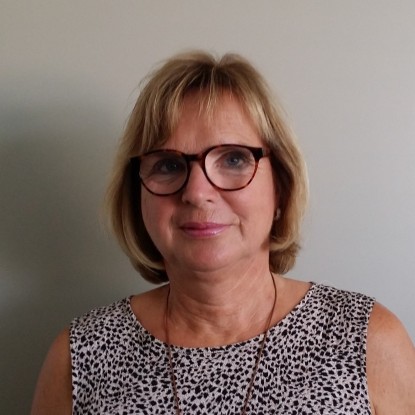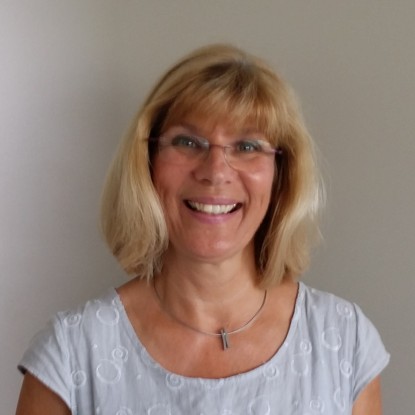Dorra Rakia Allégue, Faculty of Medicine and Health Sciences, School of Physical and Occupational Therapy, McGill University, Canada
will give a talk on “Digital health interventions and BRILLIANT portal”:
09.02.2023 (Thursday)
13:00 h – 14:00 h (including discussion)
Building S3|10 Room 406A and via Zoom
Abstract
Acquired brain injury (ABI) such as stroke and traumatic brain injury can result in various physical, cognitive and sensory impairments that can affect the individual's mobility and ability to perform daily activities. Digital health interventions hold promise in providing personalized care for this patient population. BRILLIANT, a digital health portal (accessible for patient and clinician), will be developed to generate recommendations for personalized health interventions using AI. To this end, this talk will present the research methods to 1/explore the potential barriers and facilitators in the implementation of BRILLIANT portal, in eight ABI clinical programs and; 2/sequentially evaluate the functionalities within the BRILLIANT portal that impact intermediate outcomes necessary to effect change in mobility and participation. Specifically, a design thinking approach and an adaptive clinical trial using machine learning will be presented. The adaptive clinical trial will help identify the ‘best bet’ functionalities and the mechanisms by which they work. Predictive analysis will be used to evaluate the potential of machine learning for learning explainable models that can be used to support clinician decisions for delivering ABI personalized rehabilitation interventions (e.g., “when will patient X be able to climb 12 steps independently based on the present profile?” or “would rehabilitation protocol A or B work best for this patient?”).
Short CV
Dorra Rakia Allegue is a post-doctoral fellow at McGill University, with a background in physiotherapy. She has a Master's degree in Health Science from the University of Quebec à Trois Rivieres and a Ph.D. in Rehabilitation Science from Montreal University. Her research focuses on various topics related to stroke, neurodynamic techniques, telerehabilitation, virtual reality, exergaming, behavioral change techniques, motivational interviewing, machine learning, digital health interventions, and implementation strategies. Her contributions to the field have been widely recognized, with numerous publications in leading journals and conferences, as well as awards for her work. Most recently, she was the recipient of a DAAD award to participate in an AI tour in Germany, further demonstrating her commitment to advancing her knowledge and expertise in the field.
Guests via Zoom are welcome:
Meeting Link: https://tu-darmstadt.zoom.us/j/68545361547?pwd=alNMSGhEYjdFVEZsa3JjMCt0Z0lKQT09
Meeting ID: 685 4536 1547
Passcode: 1492731





